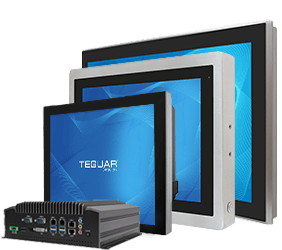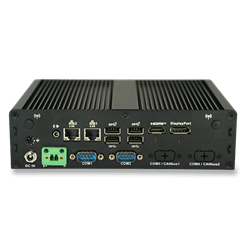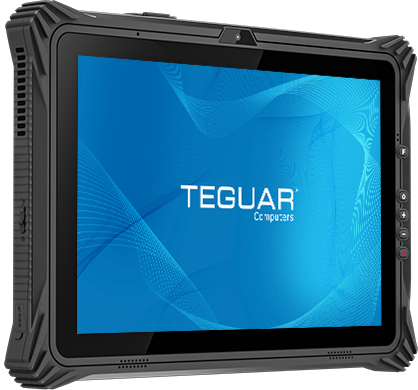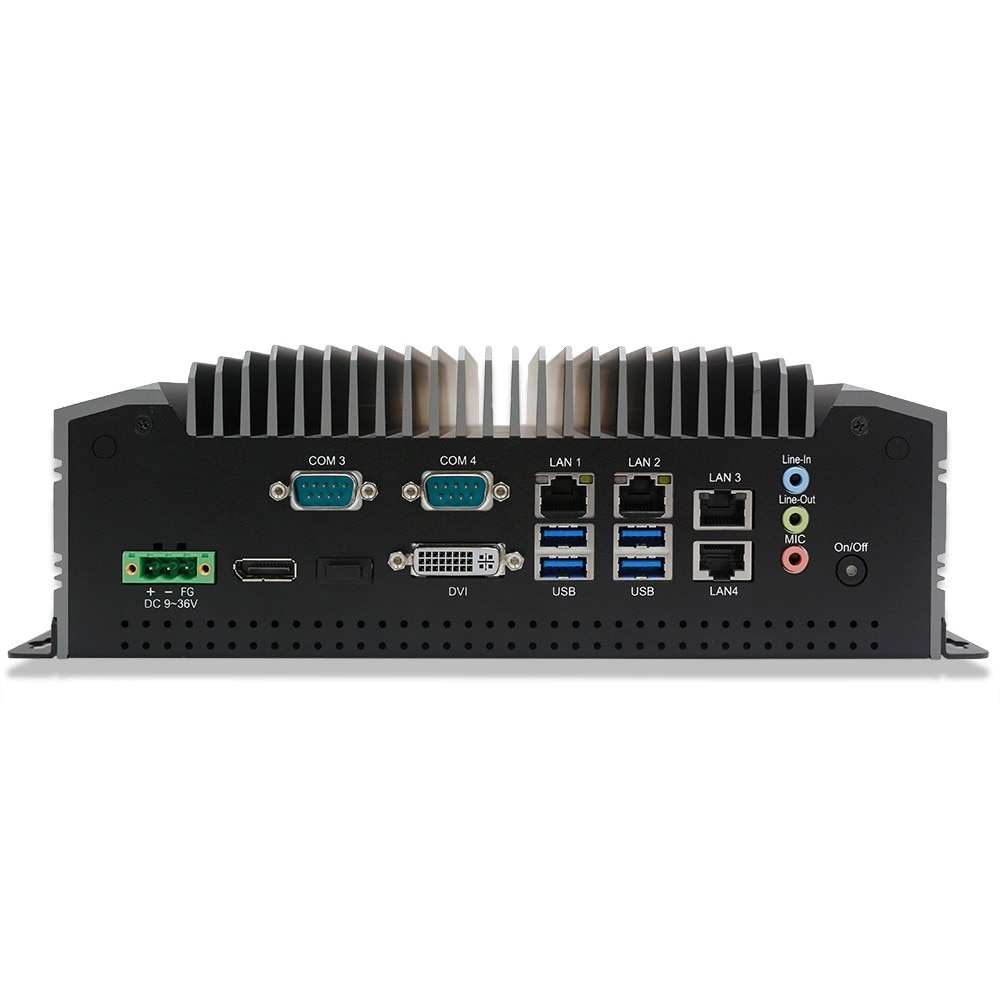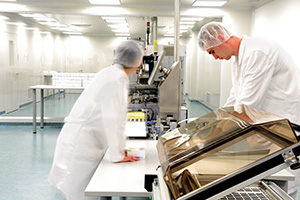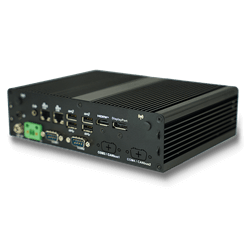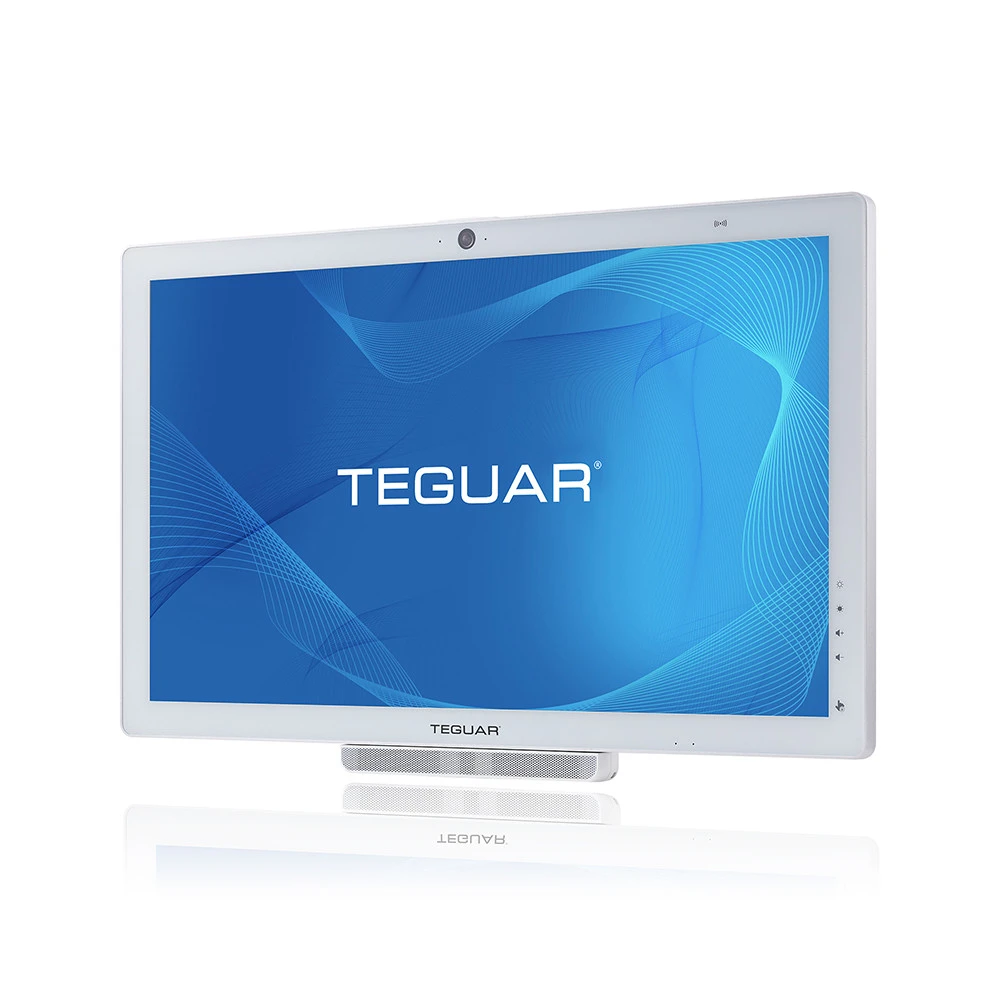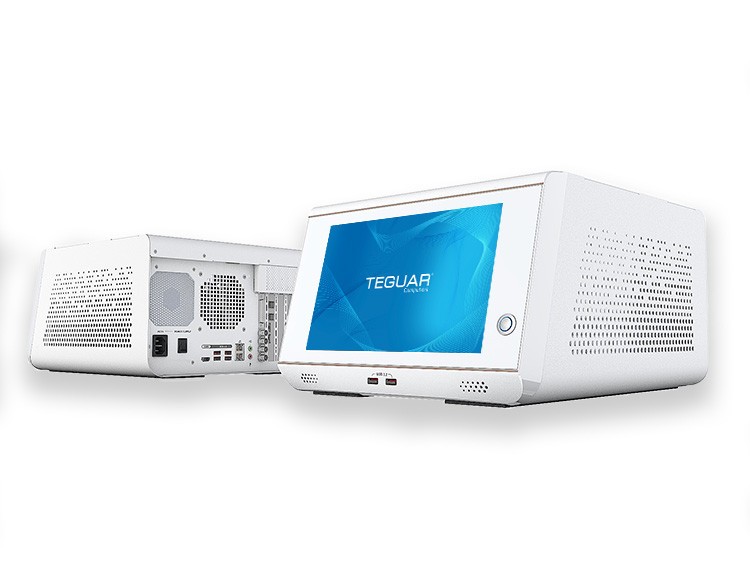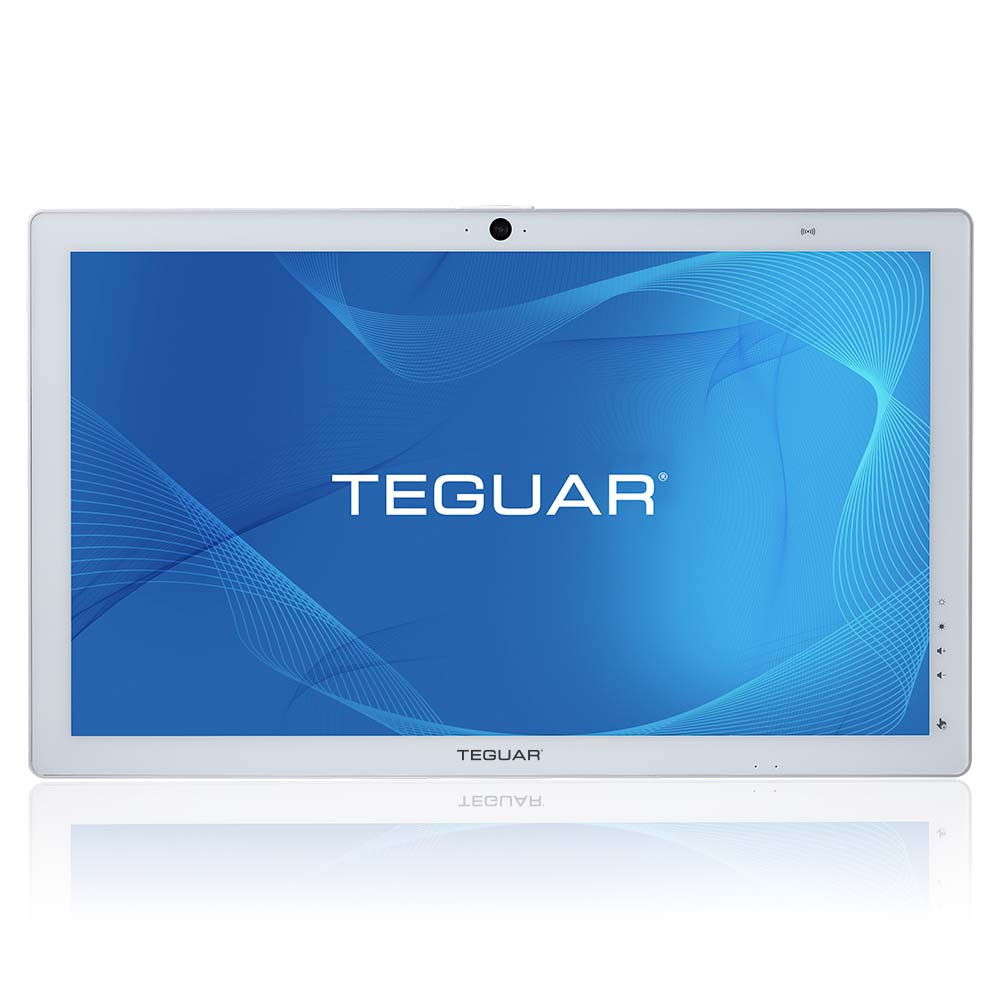IP67 Waterproof: The Gold Standard for Panel PCs
In the ever-changing landscape of technology, a new standard has emerged for industrial and medical-grade Panel PCs: IP67 waterproof. This rating is crucial for ensuring that Panel PCs perform optimally in extreme environments where dust and water are everyday challenges. But what exactly does the IP67 waterproof mean, and why is it a crucial feature for Panel PCs? Let’s explore.
What is IP67 Waterproof?
IP67 is a rating that signifies the degree of protection an enclosure offers against the ingress of solid objects and liquids. This standard represents a more advanced level of protection compared to IP65, especially concerning water resistance.
IP67 Rating: An Insightful Breakdown
- First Digit (6): Ensures complete protection against dust, making the device “dust-tight.”
- Second Digit (7): Protection against immersion in water up to 1 meter for 30 minutes.
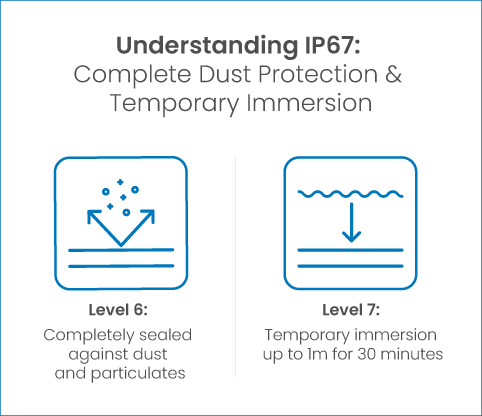
Where are IP67 Panel PCs Used?
IP67 waterproof Panel PCs are used in environments demanding robust protection against both solid particles and temporary immersion in water:
- Marine Industries: Suitable for navigation and control systems where water exposure is prevalent.
- Medical Facilities: In surgery rooms where sterilization processes involve liquid cleaning.
- Heavy Industries: Such as mining and construction, where dust and water exposure are common.
The Importance of IP67 Waterproof in Panel PCs
- Enhanced Durability: Offers a higher level of water protection, ensuring the device’s longevity.
- Reliable Performance: Delivers consistent performance even in environments with dust and temporary water immersion.
- Compliance with Stringent Standards: Aligns with international requirements, guaranteeing a higher quality product.
Differentiating IP67 Panel PCs
Not all Panel PCs with an IP67 rating are the same. Critical distinctions to note:
- Complete Protection: Both dust and temporary water immersion protection are guaranteed.
- Immersion Resistance: Unlike IP65, IP67 can withstand temporary immersion up to 1 meter.
- Comprehensive Weather Resistance: Ensures the device’s ability to function in more extreme weather conditions.
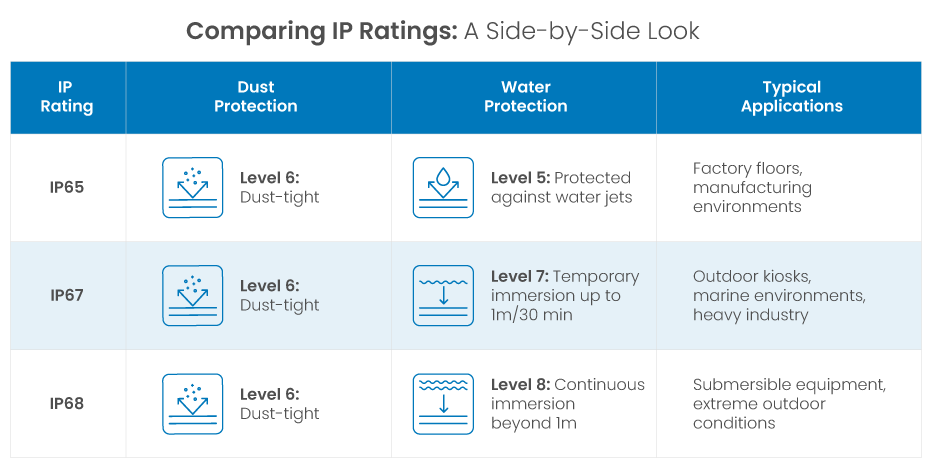
Selecting the Right IP67 Panel PC: Key Considerations
Choosing an IP67 Panel PC requires careful evaluation:
- Certification Verification: Confirm that the device meets the IEC 60529 standard for IP67.
- Assessment of Needs: Understand the specific needs of your environment and application.
- Expert Consultation: Engage with technical experts to find the perfect solution tailored to your requirements.
Conclusion
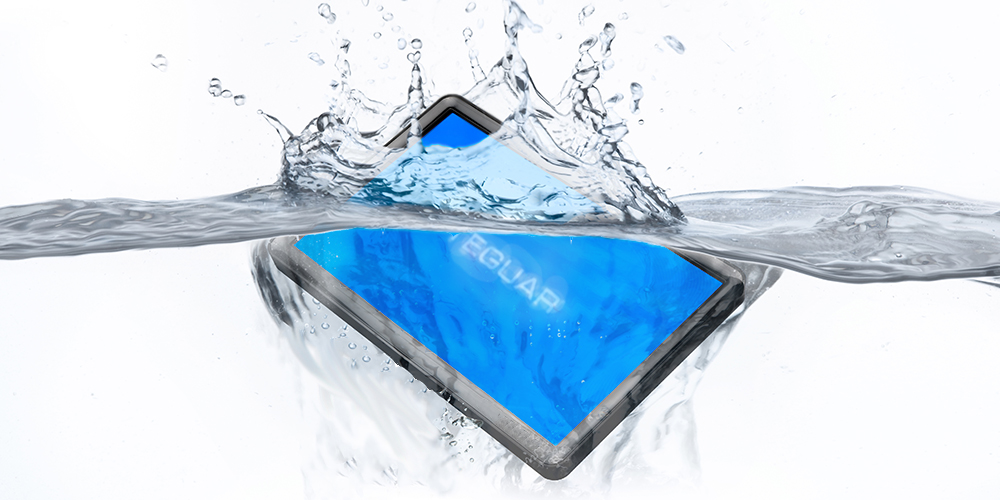
IP67 waterproof Panel PCs represent a significant advancement in industrial and medical computing. The ability to withstand both dust and temporary immersion in water makes them ideal for a wide range of demanding applications.
FAQ Section
Q: Can I submerge an IP67 Panel PC in water? A: Yes, an IP67 Panel PC can be submerged up to 1 meter for 30 minutes without damage.
Q: Is IP67 better than IP65 for Panel PCs? A: IP67 offers a higher level of water protection, including temporary immersion, making it superior if that’s a requirement for your application.
Q: How do I know if a Panel PC is genuinely IP67 rated? A: Always verify the certification and ensure it meets the IEC 60529 standard for IP67.
For more information on IP67 waterproof Panel PCs, or to discuss your specific needs, contact our team of experts. We’re here to guide you to the best solution for your application.


